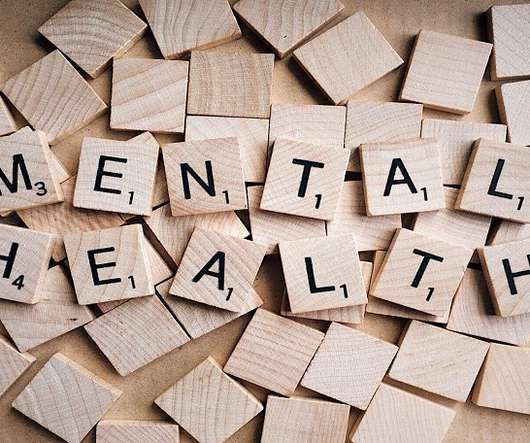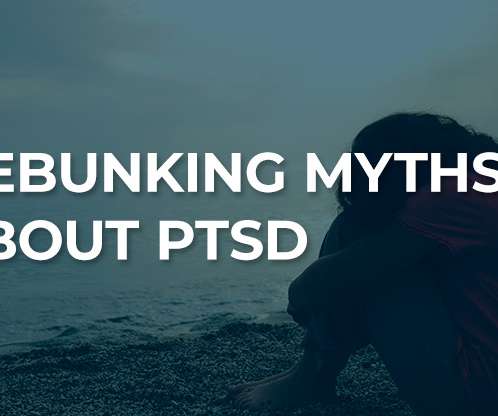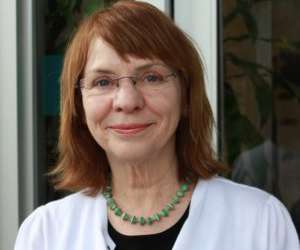How to Choose a Therapist: Tips and Fits
Stop Abuse Campaign
JANUARY 13, 2022
“Therapy” is often used interchangeably with the terms “counseling” and “psychotherapy.” In this article, we’ll discuss how to choose the right therapist for you. Counseling and psychotherapy are used with virtually all types of mental illness including: . Bipolar disorder. Trauma or abuse history or PTSD.













Let's personalize your content